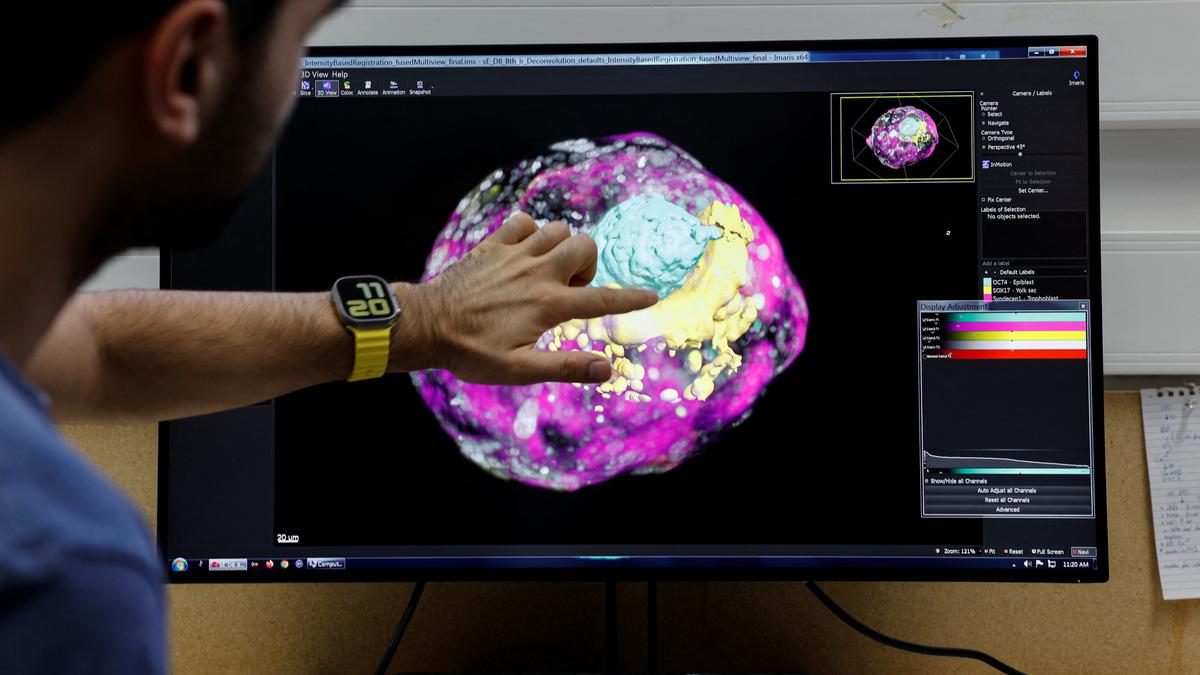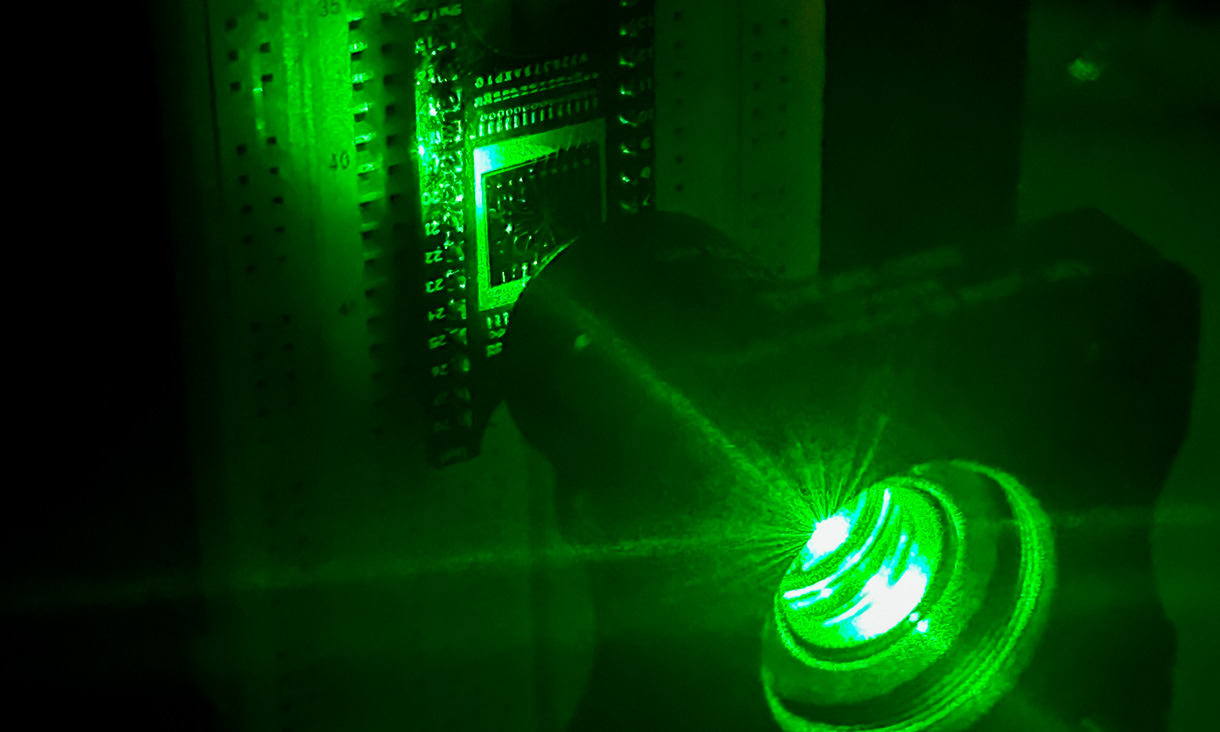Scientists in Israel have created a human embryo model from lab-grown stem cells, completely bypassing the need for sperm, eggs, or a womb. This groundbreaking achievement offers a unique opportunity to observe the early stages of embryonic development.
A Glimpse into Early Embryonic Development
According to the Weizmann Institute of Science in Israel, this model closely resembles an embryo at day 14, characterized by the presence of internal structures but not yet the formation of bodily organs.
The researchers assert that these synthetic embryo models exhibit all the characteristic structures and compartments typically seen at this stage of development, including the placenta, yolk sac, chorionic sac, and various external tissues crucial for proper embryonic growth. Remarkably, these models even release hormones capable of yielding a positive result on a pregnancy test.
From Stem Cells to Embryo-like Models
The researchers initiated their work by utilizing stem cells derived from adult human skin cells and others cultured in the laboratory. They then reprogrammed these cells to revert to an early developmental state with the potential to differentiate into various cell types.
Subsequently, they manipulated these cells to form a structural representation resembling an embryo. It’s important to note that this isn’t an actual or synthetic embryo, a term that has faced criticism from the ISSCR and other scientists. Instead, it serves as a model to illustrate the processes of embryogenesis.
The Israeli team emphasized their current inability to create an embryo from scratch. Nevertheless, their research holds the promise of opening new avenues for testing the effects of drugs during pregnancy, gaining insights into miscarriages and genetic diseases, and potentially facilitating the growth of transplantable tissues and organs.







